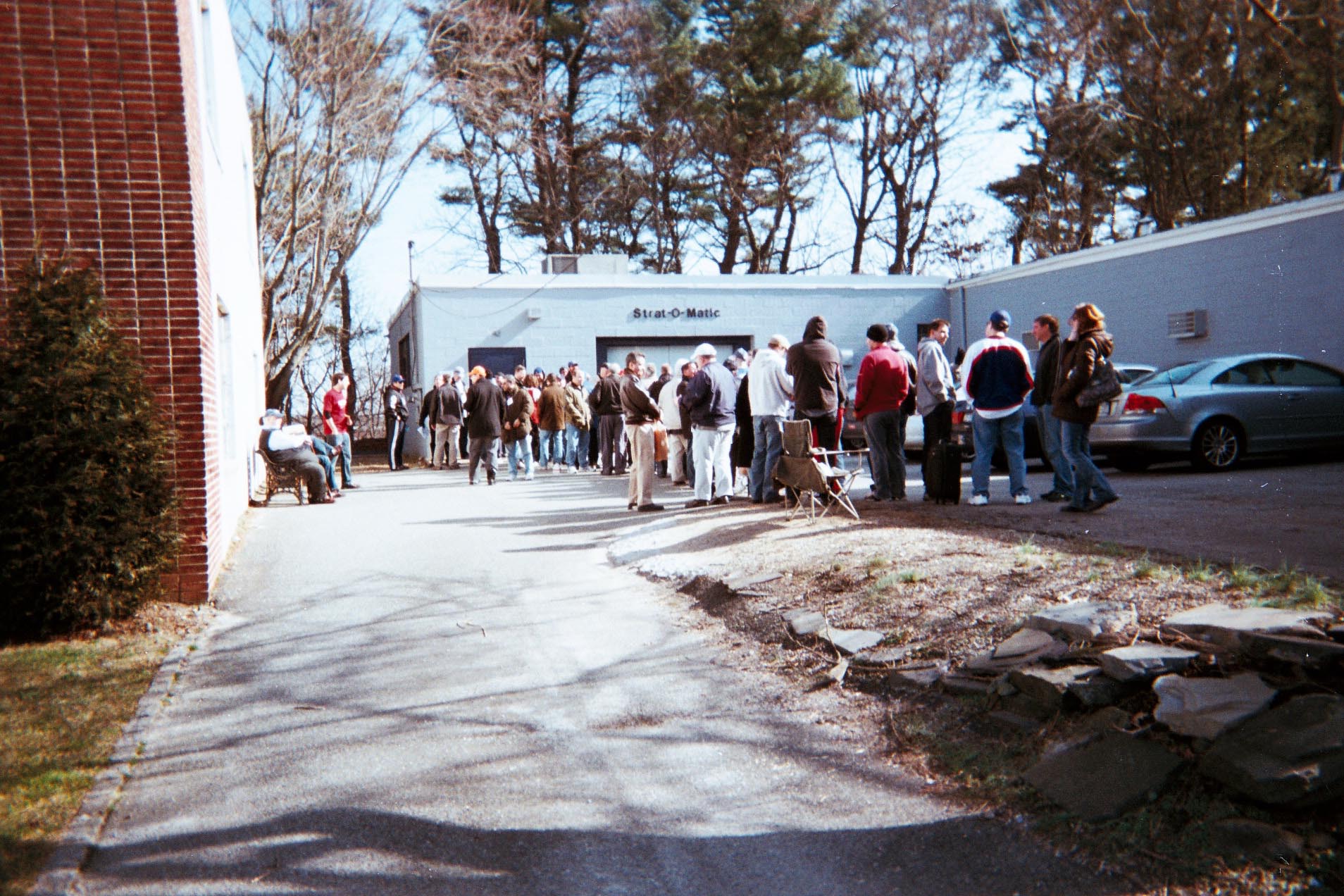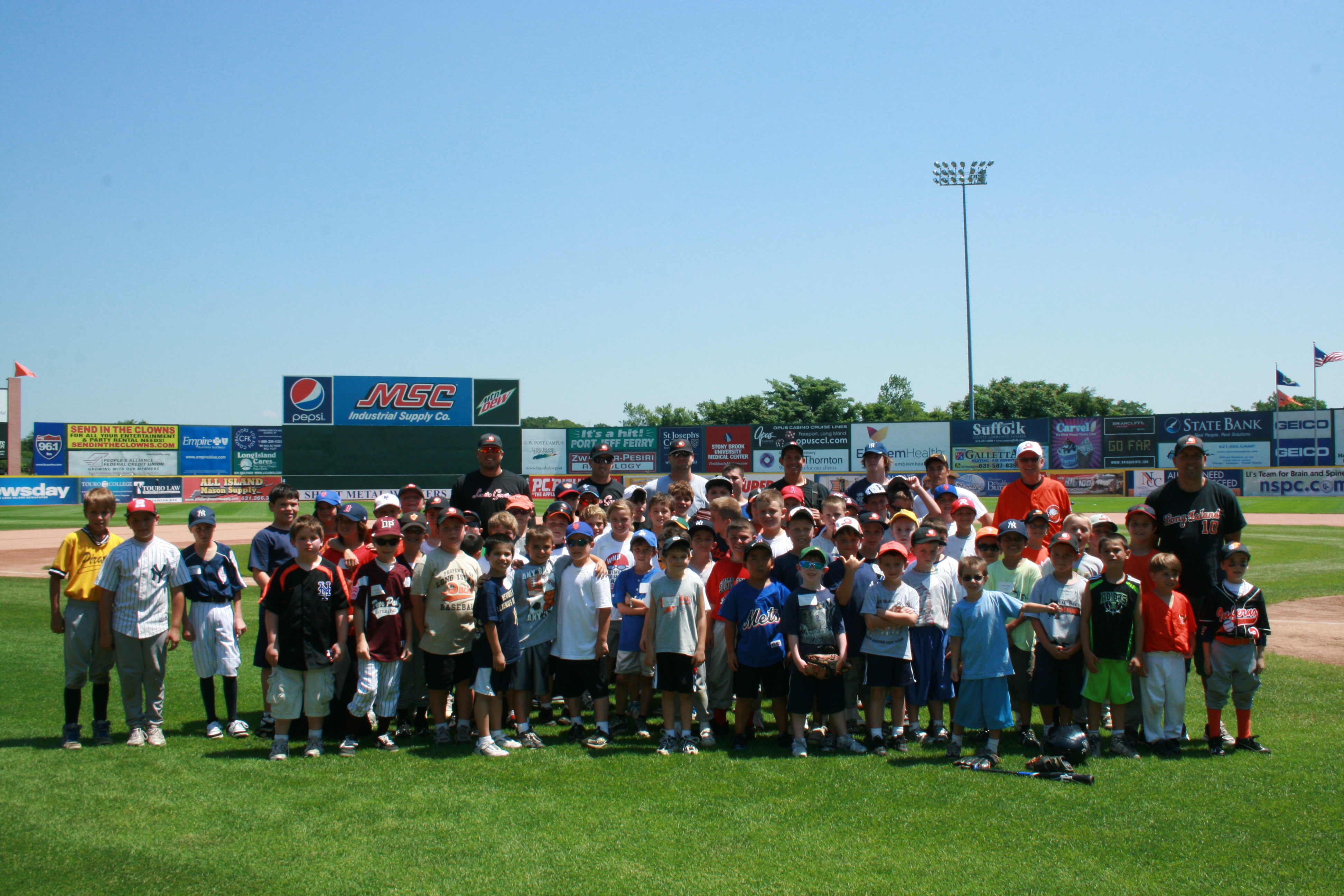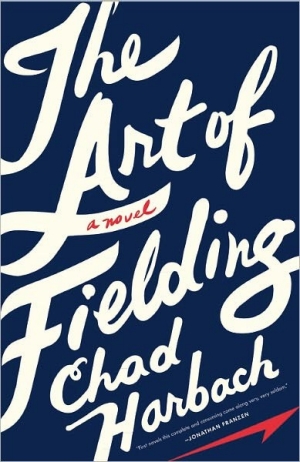
In his first years as Mets GM, when he seemingly had autonomy, Omar Minaya had some semblance of a plan. Which is not to say I can accurately recount what that plan was, necessarily, but you knew what to expect — what kind of moves he wanted to make and what the Mets would look like, more or less, after each offseason.
Minaya’s plans were hardly advisable. In a 2007 Sports Illustrated story that now feels as if it were published eons ago, there were some subtle allusions to his aversion to the increasingly pervasive new school.
“Look, if you want paperwork, I’m not your guy.”
He was a wheeler-dealer, better suited for a bygone era. He had fetishes for past-their-prime veterans and unrefined toolsy types, but mostly the former. These were the principles upon which the Mets were so poorly constructed, and it’s easy to see now why they’ve painfully declined to the brink of irrelevance in 2010.
All of this is to illustrate the depths of despair to which the Mets have sunk, because somehow, despite Minaya’s misguided philosophy, those days were vastly more enjoyable than what we are seeing now, which is abject ineptitude by virtue of aimlessness.
There’s a cliche with which I suspect we’re all familiar: If you don’t know where you’re going, any road will get you there.
The Mets, I suppose, think that their goal is to reach and win the World Series, if only because that is the easy and obvious answer. Clearly, though, they have no idea how to get there. And they don’t appear to be trying especially hard to come up with solutions for the problems that have precluded them from becoming a perennial candidate to vie for this goal. They’re always reacting, always looking for a quick fix and a short-term answer, and so often it’s at the behest of incredulous critics and enraged fans.
This is a deep-seated issue, I think, that trickles down from the top of the organization, as there’s been little rhyme or reason to Mets’ actions for some time. When Jenrry Mejia went down with a shoulder strain (thankfully, the injury was not considered to be too serious), was anyone but the Mets surprised? For that matter, were they, even? My point is not to gloat that I accurately predicted something would go awry for Mejia (although I don’t mind throwing that in there), but what, exactly, was the point of having him pitch in a meaningless September game against the Pirates? It couldn’t have been for the sake of the 20-year-old’s development, as he clearly was not ready to be pitching in the big leagues, and it’s not like he was bolstering a contending team. Was it a matter of drawing a few extra fans to Citi Field? By all accounts, the joint was positively barren on Wednesday night when Mejia was pitching, despite the Mets reporting that there was a paid attendance of 29,000 on hand. That’s not a knock on Mets fans; I can’t blame them for staying away.
The offseason is not far off, so the daily misery of watching this utterly mediocre team will come to a merciful end shortly. But then begins all the hot stove fun, when the self-loathing is ratcheted up a notch. If you take a step back and examine the roster as a whole, it’s an oddly constructed mish-mosh of aging/injured/ineffective/overpaid veterans and promising/cost-controlled youngsters, most of whom are limited in upside. This, by the way, is probably no coincidence — it’s very much a function of the organization’s lack of leadership, direction and focus. In any event, there’s no shortage of rumors about who will replace Minaya when he’s fired or reassigned. Funny, I thought he was reassigned last offseason. Or was he? Jerry Manuel, too, is thought to be all but gone.
Those are the stories everyone’s watching for now, and understandably so. But two things must first be in place before both a new GM and manager can have anything more than a short-term positive impact on the team. Firstly, the Wilpons must completely abstain from intervening in baseball operations. The Yankees were terrible under George Steinbrenner in the ’80s, then took the baseball world by storm in the ’90s and into the aughts while still under Steinbrenner. Luck did not account for the sudden change in fortunes. By all accounts, it was because The Boss stepped aside and let his baseball people make the decisions he wasn’t qualified to make. The Danny Tartabulls of the world were replaced by Paul O’Neill, for example. I can’t say with certainty that the Wilps have pulled the trigger on any particular bad baseball decision, per se. But they’ve mangled the front office beyond recognition, such that no one knows who’s calling the shots — not even the parties involved, I suspect.
After that — and this, of course, is the more obvious necessity — the Wilpons must tab the right man for the gig. That means none of the following, please: discounts, retreads, Old Boys Network cronies. The Mets need a sharp, progressive, forward-thinking leader, one who can bring them out of the doldrums and inspire confidence in a despondent fan base. If they can identify these qualities in an inexperienced candidate, more power to ‘em. If they have to poach some other team’s guy, so be it. But this is the New York Mets. They should have the money, wherewithal and, most importantly, desire and means to hire a top-flight GM. No more Duquettes (was it Jim or Dan?). No more Phillipses. And, no, no more Minayas. Show the cash to Jon Daniels or Andrew Friedman, to name a couple.
Whether any of this will come to pass remains to be seen, but, frankly, I’m not optimistic. It takes a lot to change an ownership’s thinking, probably more for it to concede that it has no business meddling in baseball affairs in the first place. But what’s truly sad is that the directionless Mets have left us longing for Minaya’s glory days, not because he had a great plan, but simply because he had one at all.
Dan Mennella is a reporter and editor for MLB.com. Check out his blog, danmennella.com, and following him on Twitter, @danmennella.







